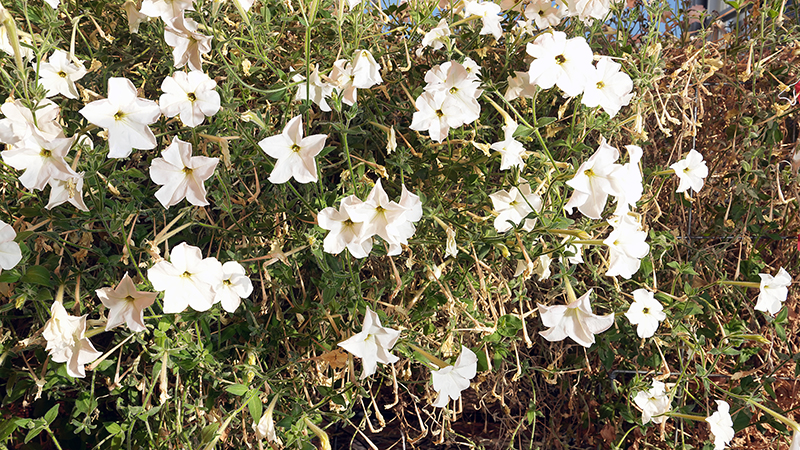2024-03-21 ノースカロライナ州立大学(NCState)
<関連情報>
- https://news.ncsu.edu/2024/03/courtship-gene-shows-different-effects-in-two-fruit-fly-species/
- https://www.science.org/doi/10.1126/sciadv.adk1273
多様なショウジョウバエ種間の求愛行動の特定における無果実の役割 The role of fruitless in specifying courtship behaviors across divergent Drosophila species
CHRISTA A. BAKER , XIAO-JUAN GUAN , MINSEUNG CHOI , AND MALA MURTHY
Science Advances Published:13 Mar 2024
DOI:https://doi.org/10.1126/sciadv.adk1273

Abstract
Sex-specific behaviors are critical for reproduction and species survival. The sex-specifically spliced transcription factor fruitless (fru) helps establish male courtship behaviors in invertebrates. Forcing male-specific fru (fruM) splicing in Drosophila melanogaster females produces male-typical behaviors while disrupting female-specific behaviors. However, whether fru’s joint role in specifying male and inhibiting female behaviors is conserved across species is unknown. We used CRISPR-Cas9 to force FruM expression in female Drosophila virilis, a species in which males and females produce sex-specific songs. In contrast to D. melanogaster, in which one fruM allele is sufficient to generate male behaviors in females, two alleles are needed in D. virilis females. D. virilis females expressing FruM maintain the ability to sing female-typical song as well as lay eggs, whereas D. melanogaster FruM females cannot lay eggs. These results reveal potential differences in fru function between divergent species and underscore the importance of studying diverse behaviors and species for understanding the genetic basis of sex differences.


